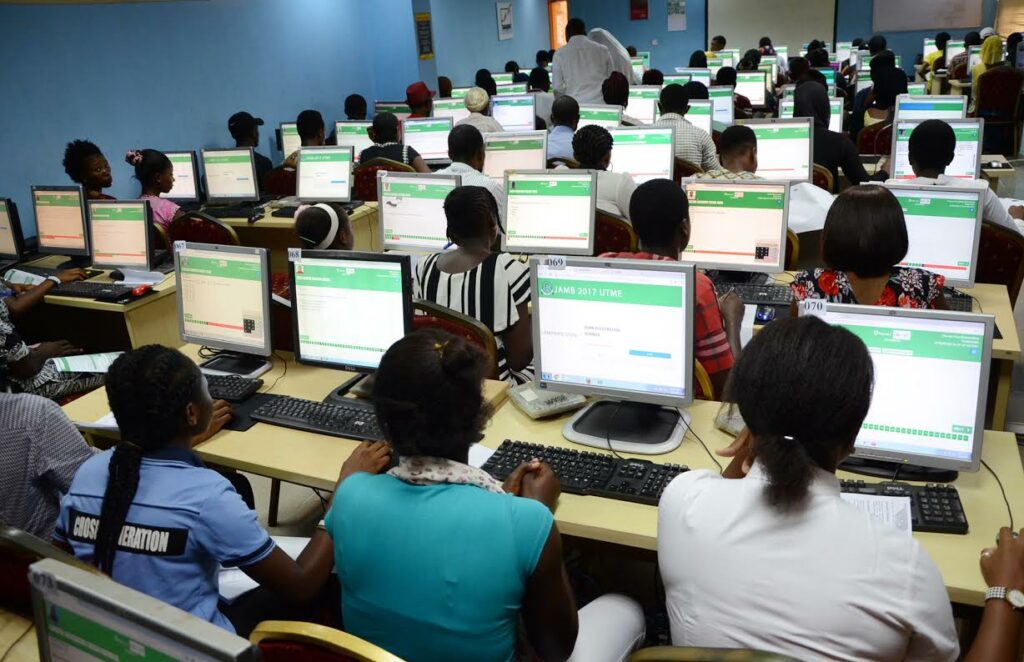Data obtained from the Joint Admissions and Matriculation Board on the 2023 Unified Tertiary Matriculation Examination disclosed that the highest percentage of candidates for the examination chose medicine as their first-choice course of study in universities.
According to the 2023 statistics recently released by JAMB, a total of 452,443 candidates applied for medicine in Nigerian universities, whereas there are only 78,578 MBBS admission slots.
Further details by the board revealed that 239,018 candidates applied for social science courses whereas, there are only 97,744 vacancies; 227,453 candidates applied for science-related courses with a total of 141,397 available slots.
For engineering courses, the board revealed that despite a vacancy of 68,896 in universities, a total of 163,123 candidates applied.
For admin-related courses, a total of 117,792 candidates applied, whereas there are only 38,725 vacancies.
For arts and humanities, JAMB revealed that a total of 85,264 candidates will battle for 52,221 slots.
However, further analysis of the data revealed that education and agricultural related-courses did not attract enough applicants.
For instance, only 52,702 candidates applied for education-related courses despite a vacancy of 111,176. Similarly, only 20,133 candidates applied for agriculture- related courses despite a vacancy of 30,536.
Commenting on the development, the Programme Director, Reform Education Nigeria, Ayodamola Oluwatoyin, said the statistics speak to the need for proper sensitisation of students at the secondary school level.
He said, “We live in an age when it doesn’t matter your course of study. What matters are your skills. There used to be a time when people believed that if you were not a doctor or a nurse, you wouldn’t be successful; but this is not right, these days we have people venturing into tech jobs, among others.
“Another factor is the unequal distribution of jobs across sectors. These days, people believe that once you study education, you will end up as a teacher in a private school, or if you study agriculture, you won’t get a proper job. The government itself needs to set the pace to ensure that there is investment in every sector. When you invest in agriculture, education and there are good jobs, you’ll see that candidates will begin to apply to these courses and this will correct this imbalance we are seeing.”
Also, a teacher at Greater Tomorrow Academy, Abuja, Alabi Taiwo, said, “The thing is that most parents are the ones who decide for their children. You see students come in from Jss3 and their parents tell you they want the child to be placed in the sciences. In most cases, some of these children have their greatest strengths in the arts and humanities. I think another issue is the reward system. Most people feel that it is certain individuals with certain career paths to make more money so they tend to want to go the same way.”
